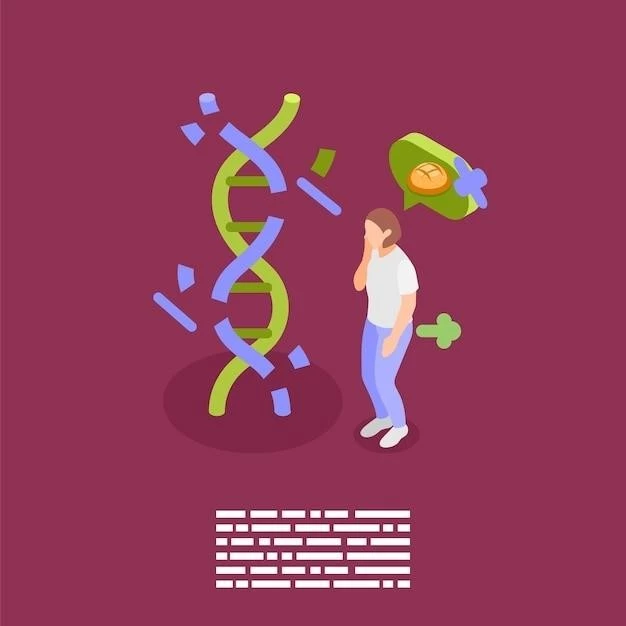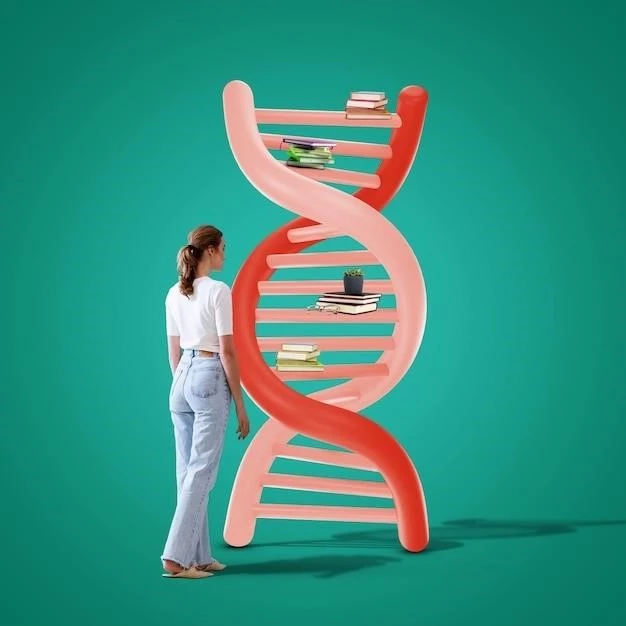Overview of Chromosome 18 Ring Syndrome Symptoms
Chromosome 18 Ring Syndrome symptoms can vary widely among individuals but may include developmental delays, intellectual disabilities, growth delays, feeding difficulties, heart defects, vision/hearing problems, and distinct facial features․ Treatment focuses on managing associated health issues through a multidisciplinary approach involving specialists, therapies, and interventions tailored to the individual’s needs․
Treatment Approaches for Chromosome 18 Ring Syndrome
Treatment for Chromosome 18 Ring Syndrome is based on addressing specific symptoms and complications that may arise․ It typically involves a team of healthcare professionals including geneticists, pediatricians, therapists, and specialists to provide targeted care․ Therapeutic interventions may include speech therapy, physical therapy, occupational therapy, educational support, surgical interventions for congenital anomalies, and ongoing monitoring of developmental progress and overall health․
Genetic Basis of Chromosome 18 Ring Syndrome
Chromosome 18 Ring Syndrome results from a rare genetic mutation where genetic material from both ends of chromosome 18 are joined together in a ring formation․ This abnormality can lead to the characteristic symptoms associated with the syndrome․ Understanding the specific genetic changes and their impact on development is crucial for providing appropriate medical care and support tailored to the individual’s needs․

Comprehensive Care Planning
When implementing management strategies for individuals with Chromosome 18 Ring, a comprehensive care plan is essential․ This plan should involve coordination among healthcare providers, specialists, therapists, educators, and caregivers to address the multidimensional needs of the individual․ It should encompass medical interventions, therapies, education plans, social support, and long-term monitoring to optimize the individual’s well-being and development․
Special Education Considerations
When providing educational support for children with Chromosome 18 Ring Syndrome, special education considerations are crucial․ Individualized education plans should be developed to cater to the unique learning needs and abilities of the child․ Specialized teaching methods, assistive technologies, and support services should be implemented to facilitate effective learning and skill development․ Collaboration between educators, therapists, and parents is essential to ensure a supportive and inclusive educational environment that nurtures the child’s academic and social growth․
Ongoing Studies and Discoveries
Current research on Chromosome 18 Ring Syndrome focuses on genetic mechanisms, clinical manifestations, and potential therapies․ Studies are exploring the impact of specific genetic variations, identifying novel treatment approaches, and investigating early intervention strategies to improve outcomes․ Ongoing discoveries aim to enhance understanding of the disorder, refine diagnostic methods, and develop targeted therapies to address the complex needs of individuals affected by Chromosome 18 Ring Syndrome․
Emotional Support and Resources
Families affected by Chromosome 18 Ring Syndrome may benefit from access to emotional support services and resources․ Support groups, counseling services, and educational materials can help families navigate the complexities of the condition, manage stress, and connect with others facing similar challenges․ By accessing these resources, families can find encouragement, guidance, and a sense of community that can positively impact their coping mechanisms and overall well-being․
Importance of Early Intervention
Early intervention programs play a vital role in supporting individuals with Chromosome 18 Ring Syndrome․ Timely access to therapies, developmental assessments, and educational interventions can significantly impact long-term outcomes by addressing developmental delays and enhancing cognitive, physical, and social skills․ By identifying and addressing challenges early on, early intervention programs aim to maximize the individual’s potential, improve quality of life, and promote overall well-being throughout their lifespan․
Enhancing Daily Living
Improving the quality of life for individuals with Chromosome 18 Ring involves enhancing daily living activities to promote independence and well-being․ This includes providing access to assistive devices, adaptive technologies, and specialized support services to aid in communication, mobility, self-care, and social interaction․ By focusing on enhancing daily living skills, individuals with Chromosome 18 Ring can achieve greater autonomy, participation in social activities, and overall quality of life, fostering a sense of accomplishment and satisfaction in their daily routines․
